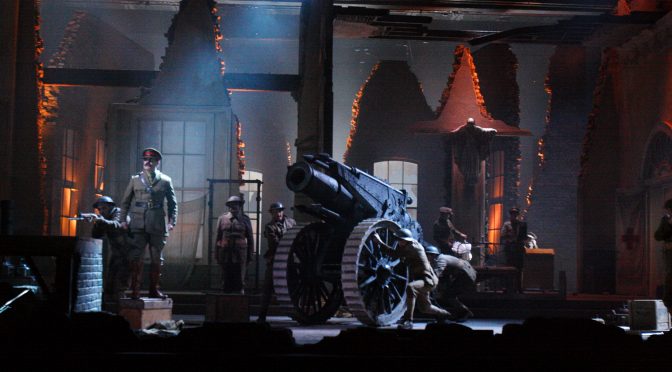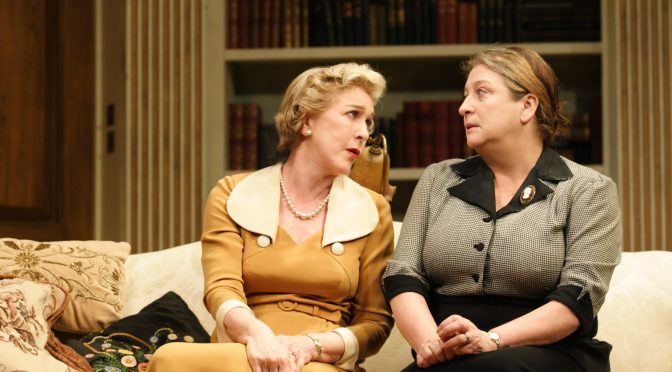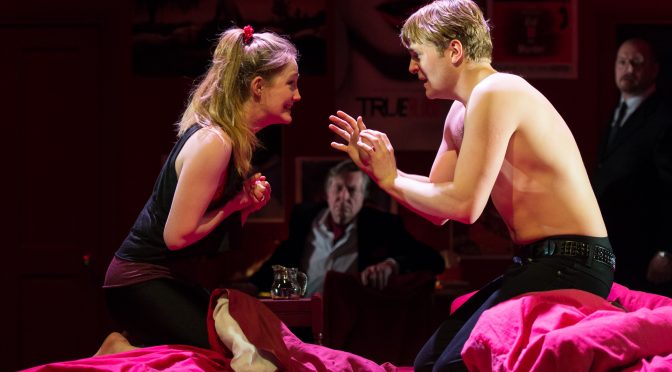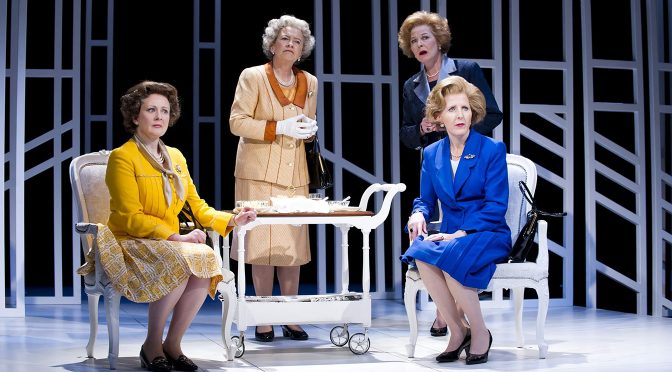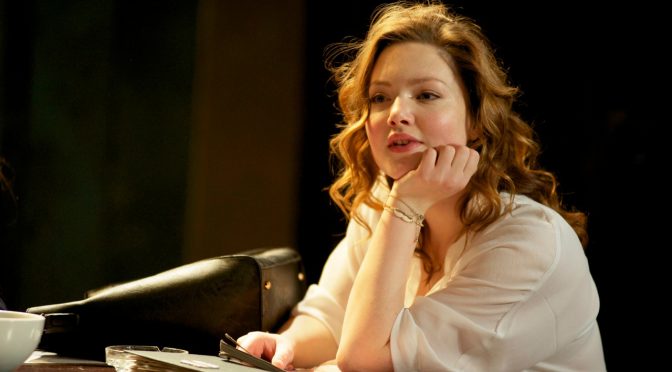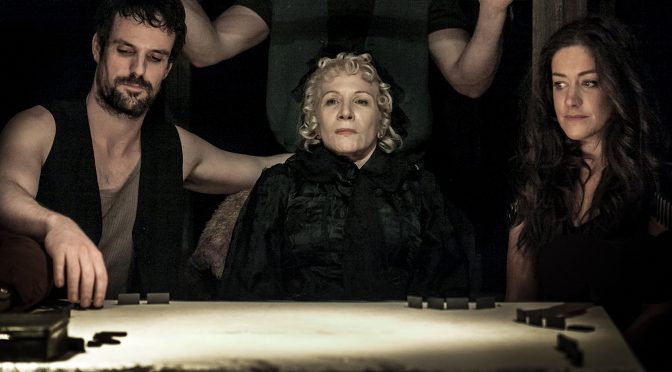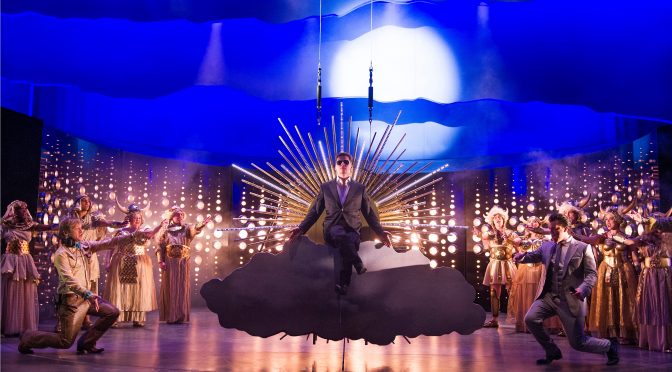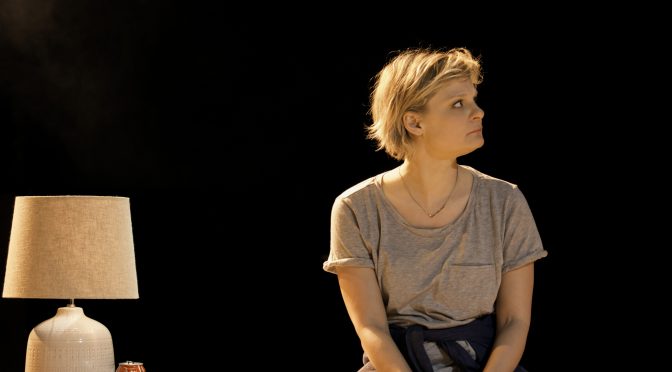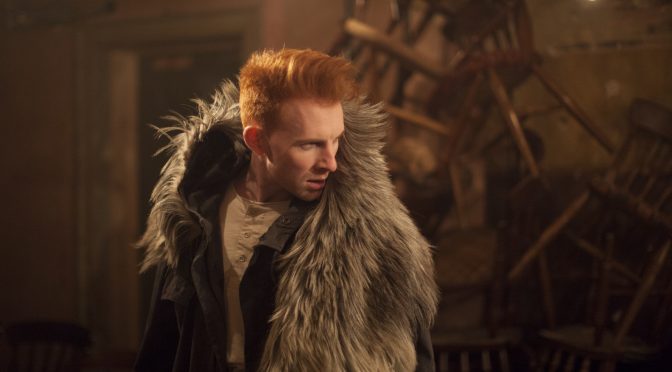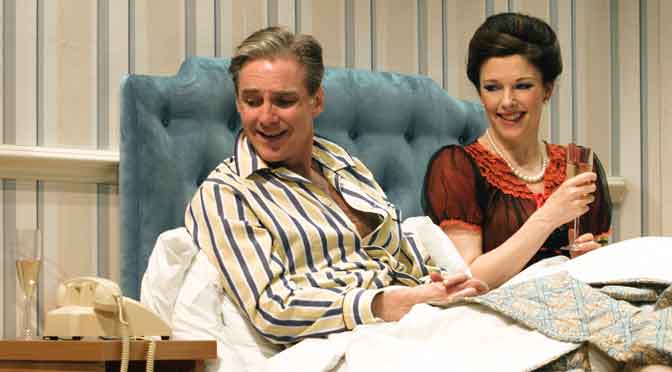You are warned before entering the National Theatre’s new show, The Silver Tassie, “contains loud explosions, pyrotechnic effects and gunshots”. They aren’t kidding. Howard Davies’ production really is explosive – all credit to the technical crew and a team of designers – but all the whizz-bang effects can’t distract from the conclusion that it’s a tricky evening out.
Sean O’Casey’s play about World War I is famously difficult to stage. Though the story of sporting hero and winner of the eponymous trophy Harry Heegan is simple enough – showing his experience of war and then life as a cripple afterwards – the undoubtedly powerful language is complex and the influence Expressionist. I suspect it reads better on the page than it could possibly be delivered on stage.
And the hugely experienced director Davies, who I normally admire so much, does little to aid the delivery of O’Casey’s poetry. The cast seems lost on stage, struggling to fill the space no matter how dynamic the language. There seems little chance to form a connection with the characters. And as for the second act…
On the battlefield Davies uses noise, lights and explosions in an attempt to create a frightening, surreal world. It’s an honest attempt to deal with O’Casey’s experimentation. Unfortunately the action is incomprehensible and alienating. Theatregoers know war and song can go hand and hand (the recent revival of Oh! What a Lovely War makes an uncomfortable contrast with this show) but here, despite Stephen Warbeck being on board for the music, the results seem pretentious and almost farcical. Placing an emphasis on singing, surely it would have been wise to cast some strong vocalists?
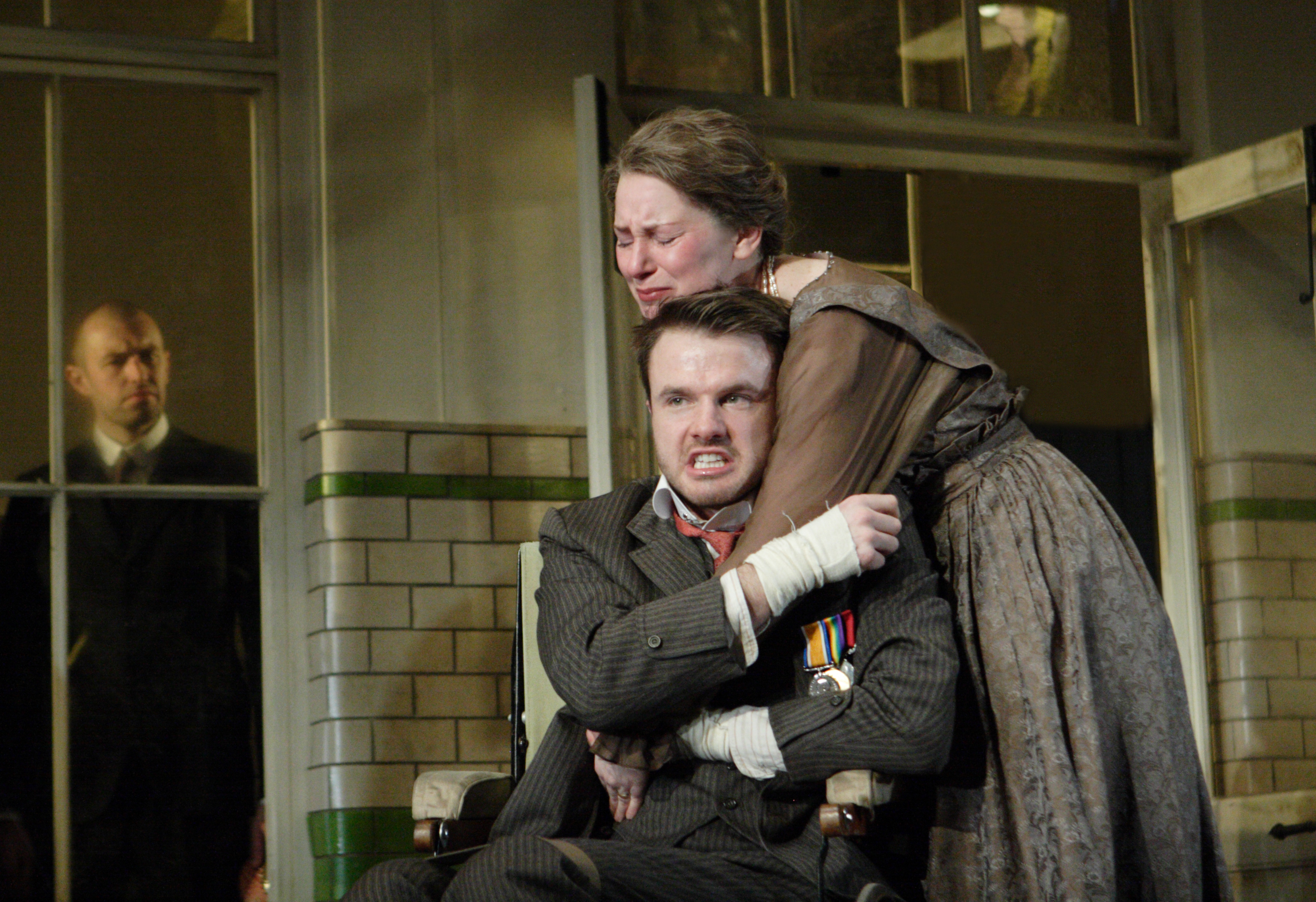
Should you decided to return after the interval, and I am sure many will not, you will be rewarded as the play returns to realism. There’s a fine performance from in the lead role. Now in a wheelchair and full of fury, Ronan Raftery is commanding and dedicated. There’s also strong acting from Harry’s former fiancée, played by Deirdre Mullins, and a fine double act from comedy commentators Sylvester and Simon (Aidan McArdle and Stephen Kennedy). But the script deliberately lacks coherence and Davies embraces this flaw. Without those explosions to keep you awake this is just a confusing bore.
Until 3 July 2014
Photo by Catherine Ashmore
Written 24 April 2014 for The London Magazine

